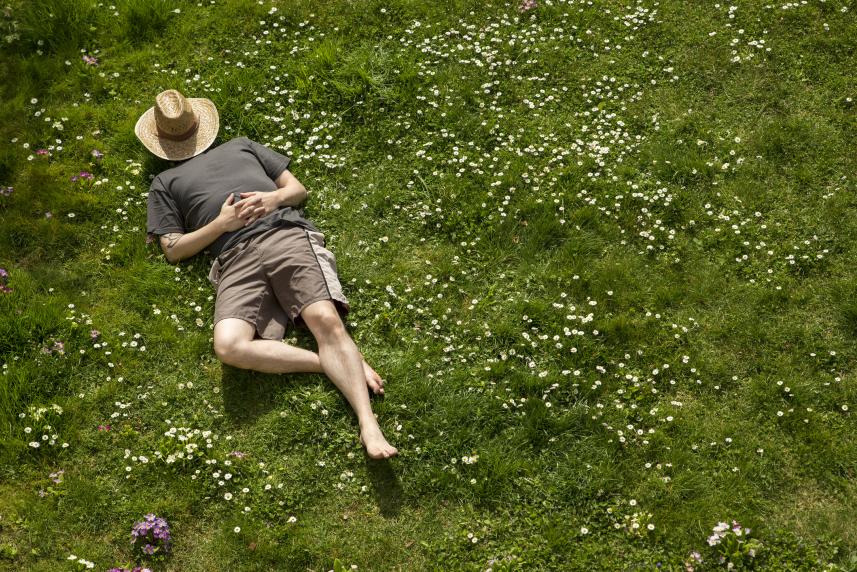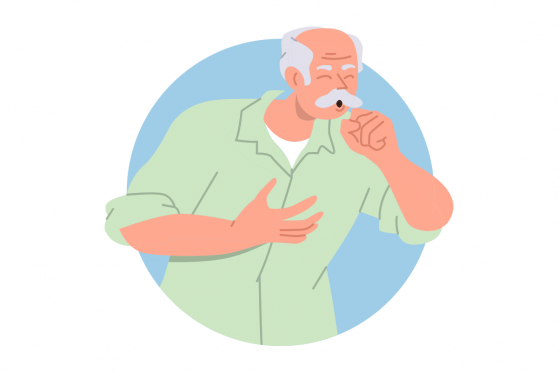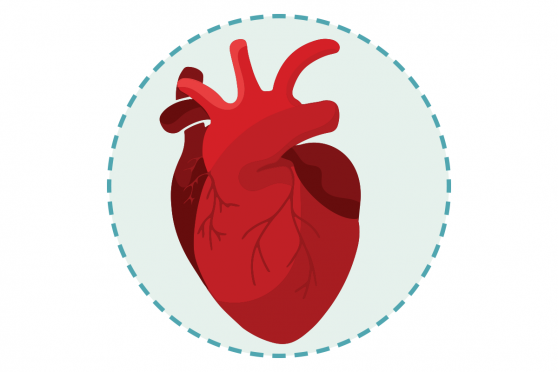Survive Sneezing Season
Pollen’s hard to avoid, but even with allergies you can still enjoy spring

Spring brings warm weather, sunny days and an urge to get outside. For some of us, though, it also brings sniffles, sneezes and watery eyes. “People with seasonal allergies can still enjoy the spring,” says Warren Frick, M.D., a board-certified specialist with Asthma & Allergy Associates in Lawrence. Dr. Frick recommends three ways to deal with environmental allergies.
Avoid what you're allergic to
“If you know what triggers your allergy symptoms, try to stay away from those things as much as possible,” Dr. Frick says. Trees are one of the biggest causes of allergies in April and early May, and grasses in May through July. The worst local culprits are cedar, oak and mulberry. “Although it’s gorgeous outside, try to stay inside and keep your windows closed,” Dr. Frick says. If you have spent time outside, shower when you come in, wash your hair, and launder those clothes.
Take medicine
Your doctor might prescribe nasal steroids (not the same as the steroids in the sports news) to help relieve congestion and other symptoms. Some sprays are available without a prescription. Over-the counter antihistamines have also become more effective, Dr. Frick says. For medication to work best, start taking it before the season begins.
Get the shots
If avoiding triggers and taking medications don’t provide relief, you might consider allergy shots. This involves a series of injections over several years. “They’re not right for everyone, and they can be expensive, but if someone is tired of taking medicine and wants a long-term remedy, shots are a possibility,” Dr. Frick says. If you have symptoms but are not sure you have allergies, ask your doctor about being tested. That’s the best way to find out if you are allergic to things like grasses and trees. Whatever you do, don’t accept feeling miserable. “Take simple steps to prevent contact with triggers and take your medicine as directed,” Dr. Frick says, “and you should be able to enjoy the season like anyone else.”
Survival Tips
- Avoid trees as much as possible, especially oak, mulberry and cedar.
- Keep the house clean of other triggers, such as mold, dust, cockroaches and feathers.
- Keep windows closed in your house and car. Use air-conditioning if possible. Fans can cause pollen to blow around inside.
- In the morning, check local pollen counts online to see if your trigger levels will be high.
- If you have to do yard work, wear a surgical mask and a hat.
- Bathe pets at least once a week, or more frequently if they are often outdoors.



